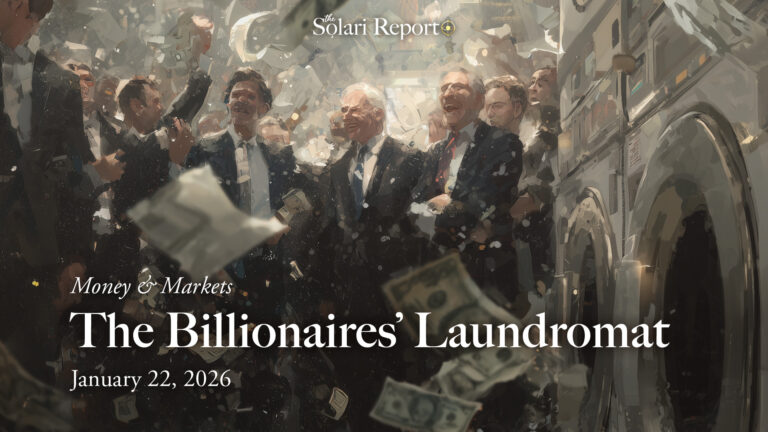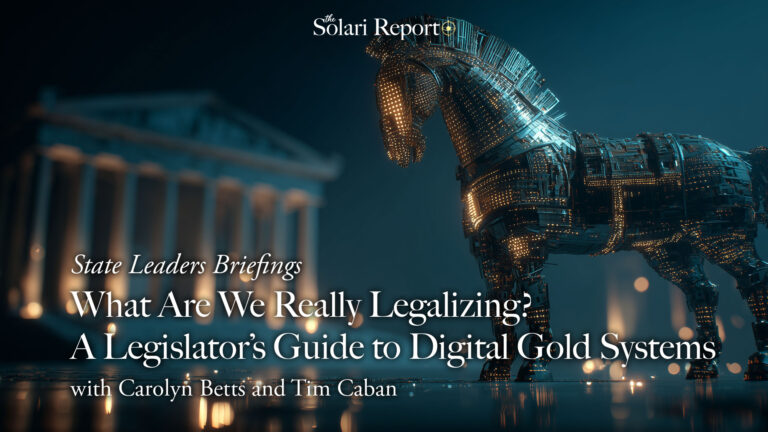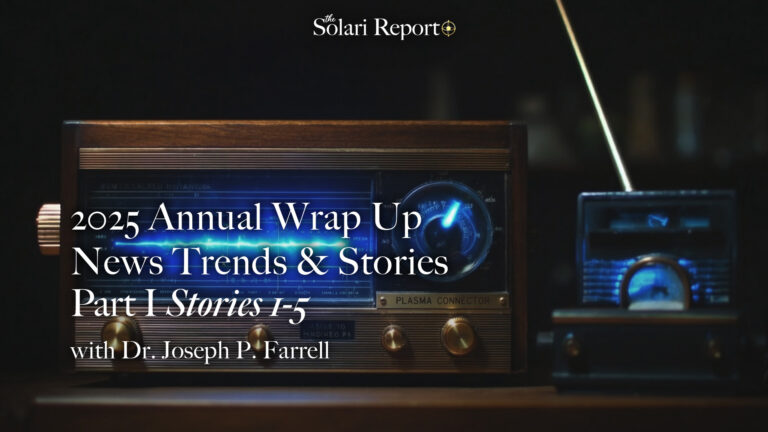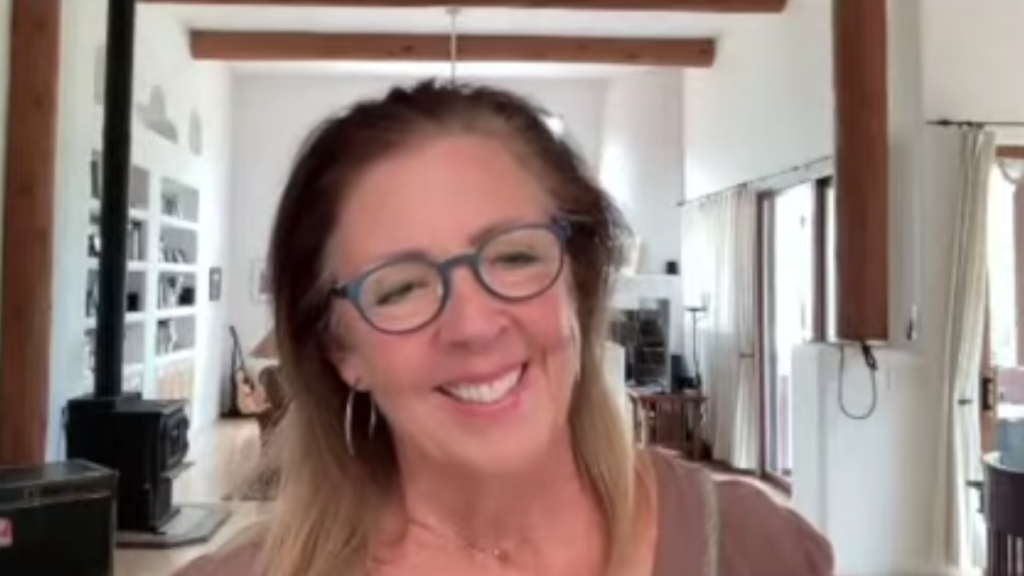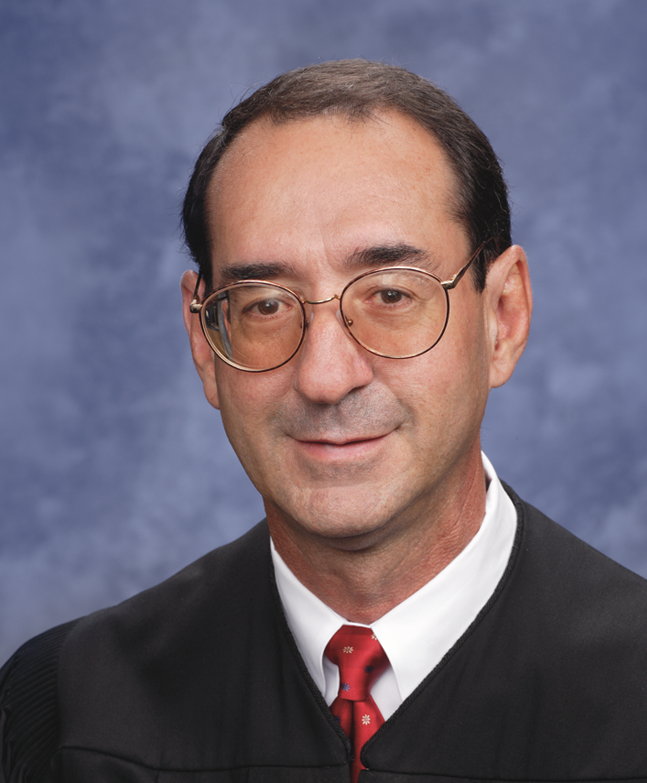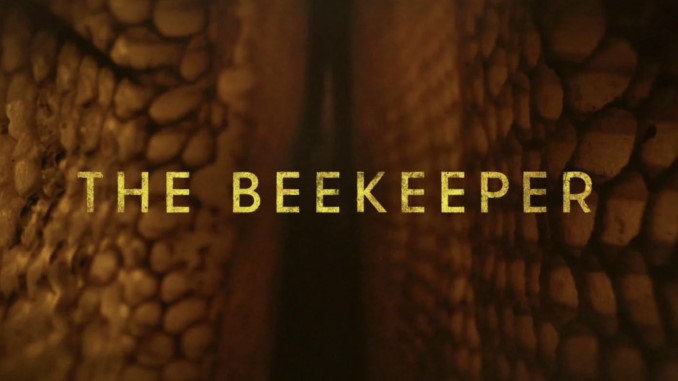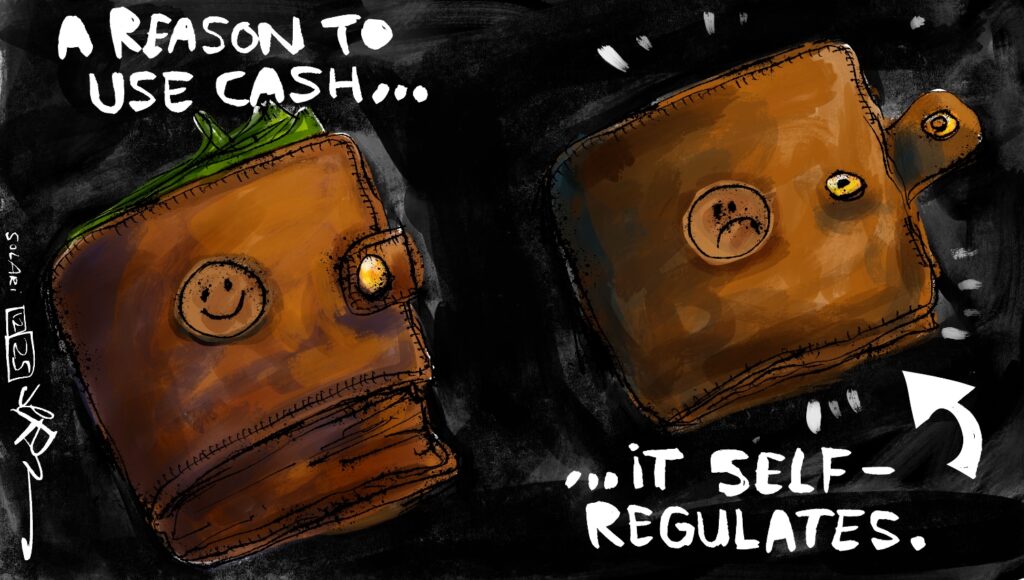By Breeauna Sagdal
In a new Solari Report interview, I sat down with South Dakota State Representative John Sjaarda to glean his insights about the successful passage in March 2025 of South Dakota’s groundbreaking “Cash Acceptance Bill,” SB 219: legislation protecting the right to use cash at school events—sporting events, concerts, and plays—amid growing digital-payment coercion.
What emerged from the interview wasn’t just the story of a legislative victory, but a fascinating example of simplicity, trust, and how good policy can get passed even in a polarized environment.
As we near midterm election season, four key principles from my exchange with Rep. Sjaarda are worth carefully considering.
1. Getting elected means building real trust with the people who employ you
From the outset of his campaign, Rep. Sjaarda made it very clear that he regarded the people as his employer. Rather than spending hours at fundraising events with lobbyists, Sjaarda knocked on several thousand doors across his district. He didn’t hand out glossy flyers or run attack ads—he talked to people face-to-face, listened to their concerns, and told them exactly who he was.
In fact, Rep. Sjaarda reflects on this time as his favorite part of the election process.
“The best part of my campaign was knocking on people’s doors, and we probably knocked on several thousand. That was just the best way to talk to people, tell them who I was, … ask them what they were excited about.”
Rep. Sjaarda says that this time gave him a very good sense of the district he was applying to represent.
“I just think I had a good feel for my district, what people in my district want…. [I]t’s just a good district, and I really enjoyed that time.”
That direct, personal connection created the foundation-level trust that has carried Sjaarda straight into the State Capitol for three legislative sessions.
2. Good legislation passes because of relationships, not party lines
Rarely found without a big warm smile, Sjaarda is well regarded as an excellent representative, both timely and prudent, of the good people of his home district. On their behalf, Sjaarda has secured legislative victories in a relatively short time-frame after building trust and respect with colleagues.
Sjaarda stresses that even lawmakers who fiercely disagree on some issues can work together on others—as long as bridges aren’t burned. Several representatives who normally vote against his positions supported the cash bill because Rep. Sjaarda had earned their respect while working on other issues. He suggests that it’s not that legislators disagree, but how they disagree.
“I think that helped with the cash bill because there were some people who voted with me on that [cash bill] that probably don’t vote with me on some other things.”
Ultimately, the cash bill passed because of trust, truth, facts, and shared respect. When lobbyists showed up with some truth-stretching talking points, Sjaarda and his allies stayed calm, stuck to verifiable facts, and refused to demonize opponents over their obvious misrepresentations of the facts.
3. “A test of character” shows that trust compounds
At the eleventh hour, after the bill had failed to pass the House, there was only one way that the bill had a chance to move forward: from the Senate. This meant that one courageous senator would need to quickly file and agree to carry the bill through the Senate, even as time was running out.
What happened next is almost unheard of in legislative bodies. Pastor Greg Blanc, serving his first term as a senator, could have played it safe when Sjaarda showed up and asked him to run the cash bill at the very last minute. Unfamiliar with some of the finer details, and with only minutes to spare, Senator Blanc knew enough about the man making the request and the intent of the bill to say yes.
When I asked Rep. Sjaarda, “How rare is that?” he admitted, “That’s a test of character and doesn’t happen too often.“
Blanc’s only condition? “First, we have to be right with God.” Blanc’s condition was not a challenge but a commitment to apply the principles and ethos of the State motto: “Under God, the People Rule.”
From that moment on, the team worked together to get every single fact organized and entered into the Senate chamber. They created binders with newspaper clippings, Federal Reserve figures, and data points proving the economic benefits to the state of keeping cash alive.
The result was successful passage of the bill through the Senate. But would it pass through the House this time?
Sjaarda explains how, prior to that House vote, one of the bill’s initial opponents had attended a grandchild’s school sporting event. As this representative attempted to pay for the event with cash, only to be denied entry, he quickly realized that one side had not exactly been forthcoming with the truth.
In the end, Sen. Blanc and Rep. Sjaarda’s commitment to moral clarity and simple truth won over the key “yes” vote needed to pass the bill.
4. Leadership comes from sticking to and applying one’s principles
How do voters identify principled leaders in such politically turbulent times? According to Rep. Sjaarda, it’s important to know, first, what your own principles are as a voter. Then, he suggests asking candidates if they share those same principles, and most importantly, if they plan to vote their principles once in office.
For Rep. Sjaarda and Sen. Blanc, the principle of “first being right with God” means a duty to the truth, as both men believe they will answer to God for their words and actions. That’s neither a ploy nor a shield but a massive responsibility that these men carry, each and every day, while conducting the people’s business.
Beyond disagreements over policy proposals, the story highlights how principles and consistency lead to trust. As Solari publications often remind us, relationships of trust—built by in-person interactions—are how we will beat the digital control grid.
As other states face pressure to go cashless, South Dakota provides one example that lights the path: build trust personally, maintain it professionally, speak truth courageously, and good laws will follow.



